Virtual Private Network allows you to connect one or more computers to a private network most of the time via the internet. It allows you to surf safely on a public wifi network, and also helps prevent Man-In-The-Middle attacks. Even though this approach is not new, in recent years this has become more relevant mainly due to the new trends in the way companies work & more people want a greater level of online privacy.
VPN tunneling ensures secure communication between systems. As the connection is encrypted, no one along the VPN tunnel can intercept, monitor, or alter your communications.
What is a secure VPN?
A secure VPNoffers several advantages, particularly for those who respect their online privacy and wish to limit their digital exposure. Whether utilized by mainstream enterprises or cyber-criminal activities, a secure VPN connection does not compromise on the crucial criteria that keep invasive use of technology at bay. The increase in Virtual Private Network service providers reflects the market’s explosive growth. With online transactions and a virtual lifestyle becoming more common these days, a reliable VPN service is an important part of our digital era.
Secure VPN can hide your IP address and encrypt your browsing history, and it’s increasingly being used to avoid government surveillance. In some scenarios, VPNs may not be enough to keep you safe.
A secure VPN connection must employ the strongest encryption quality possible to be really safe. It must have a variety of security methods to secure your data’s confidentiality. These protocols ensure that unauthorized parties cannot get access to the connection and that the data you send and receive is secure. If you’re considering several secure VPNs, be sure the one you pick protects you against IP address leaks. It’s also a good indicator if it features an Internet kill-switch, which stops specific apps immediately if your connection goes down. This automatic function can help you avoid data leaks that could expose sensitive information.
Furthermore, if the VPN app of your choice offers two-factor authentication, then you may have found a winner.
Benefits of a Secure VPN and why do you need one?
Using a Virtual Private Network has multiple benefits, and this is why everyone should use one. Here are a few of the most important ones:
1. Security: Because a secure VPN encrypts your connection, your data flow is protected even if the network you connect to has insufficient security. A secure VPN disables harmful websites, malware, trackers, and adverts, so you won’t infect your device even if you take a wrong turn online.
2. Privacy: When you browse the internet, you leave a trail of your device type, location, IP address, and browsing history. You can restore your privacy with the aid of a private VPN. It encrypts your internet connection so that no one can listen in on the websites you view or the information you share. It also masks your IP address and location, making it impossible for snoopers to find you.
3. Prevent ISP tracking: Your internet service provider (ISP) monitors your online behavior and may share this information with advertising, government agencies, and other third parties without your knowledge or agreement. They do this for a variety of reasons, not all of which are malicious, but it is still an invasion of privacy.
ISP tracking may be blocked using a secure VPN connection, preventing them from accessing your passwords, social media data, or physical location.
4. Working remotely: If you work in any type of corporate office, you will almost certainly be required to connect to an internal or local area network (LAN). When a large number of individuals, whose jobs allow it, are working from home. A secure virtual private network allows you to connect to the workplace network and work remotely. You have access to any private material that would normally be available exclusively in the office. While traveling to and from your house, the data is encrypted.
5. Avoid Data Throttling: When you’ve used up all of your allotted data and your internet service provider (ISP) decides to slow down your connection, this is known as data throttling. If you use a secure VPN, you’ll quickly discover that one of the benefits of a virtual network is the ability to evade data caps, especially since neither your ISP can see how much data you use. This might be especially beneficial for employees who must utilize data plans on their mobile devices to access the internet while on the road.
6. Preventing pricing discrimination: Price discrimination is the practice of charging varying prices for the same goods or service depending on your location, how you regularly use and purchase on the platform, and your online purchasing habits. Offline, price discrimination has long existed, but automated algorithms now allow for dynamic pricing online as well. A secure VPN can protect you from being duped and being charged more because of your internet surfing and shopping habits, as well as assumptions about your socioeconomic standing based on your IP address.
What are its vulnerabilities?
It is said that no software is immune to vulnerabilities. Ordinarily when you connect to any website from your computer then that website can see your IP address but when you are using a virtual private server, your data is not directly sent to the website you are visiting instead your IP address is first sent to one of the VPN servers. So the website you are visiting does not see your IP address, they see the IP address of the VPN server. It means no one sees your IP address, not your internet service provider, the government, or hackers so you become untraceable. No one can trace back to you. In short, the whole idea of achieving the web security of you and your organization using a VPN is keeping your IP address hidden.
Though this was not good news such vulnerabilities occur every time in the cyber world. What’s important is how we identify and tackle such things.
Some VPN providers embrace your data
While it is also important that VPN provider should maintain full transparency because it is found that some VPN providers also hold onto your data. Most of the VPN providers claim that they do not maintain a log of your online session neither they maintain the logs for your IP addresses or servers used, websites visited or files downloaded but “no log” claim differ from one VPN provider to another.
There’s malware detected in certain VPN mobile apps
One study also found that some VPN mobile apps do have malware in it. This study was conducted by the Commonwealth Scientific and Industrial Research Organization and they found that 38% of VPN android apps were infected by some type of malware. Also, some mobile apps requested access to sensitive personal data such as account details and messaging.
Cloud VPN is more vulnerable
Today cloud technologies have given a huge amount of collaboration and convenience to the organizations but it has also brought security challenges for them. While using Cloud VPN solutions companies exposes themselves and due to this, any hacker can gain access to their private data.
Credentials phishing
Credentials phishing is one rapidly growing attack in the cyber world, where a hacker steals credentials such as userID and password. Hacker displays himself as an authority and by the means of email or any communication channel he gets to know your credentials. If a hacker gets the credentials he can use it to get the sensitive info out.
How Multi-factor Authentication helps to secure VPN?
Multi-factor authentication validates user identity with passwords and an additional layer of security (e.g. OTP over SMS/Email). That is why it is called multi-factor authentication. This provides greater identity assurance for a user who is accessing any resource via VPN. So with multi-factor enabled on your system, it prevents the hacker from accessing the resources even if they know your username and password. As you have an additional layer of authentication, a hacker has to pass that layer which is not possible. However, we need to understand that not all MFA are the same and provide greater assurance of security. Many MFA solutions are slow or complicated and therefore inefficient.
miniOrange can be of great value here by providing Two-Factor Authentication on top of VPN security. This secures the access to protected resources instead of relying on only the VPN username/password.
miniOrange uses the Remote Authentication Dial-In User Service (RADIUS) protocol. Communication between the client and RADIUS server is authenticated and a shared secret is used, which is never sent over the network.
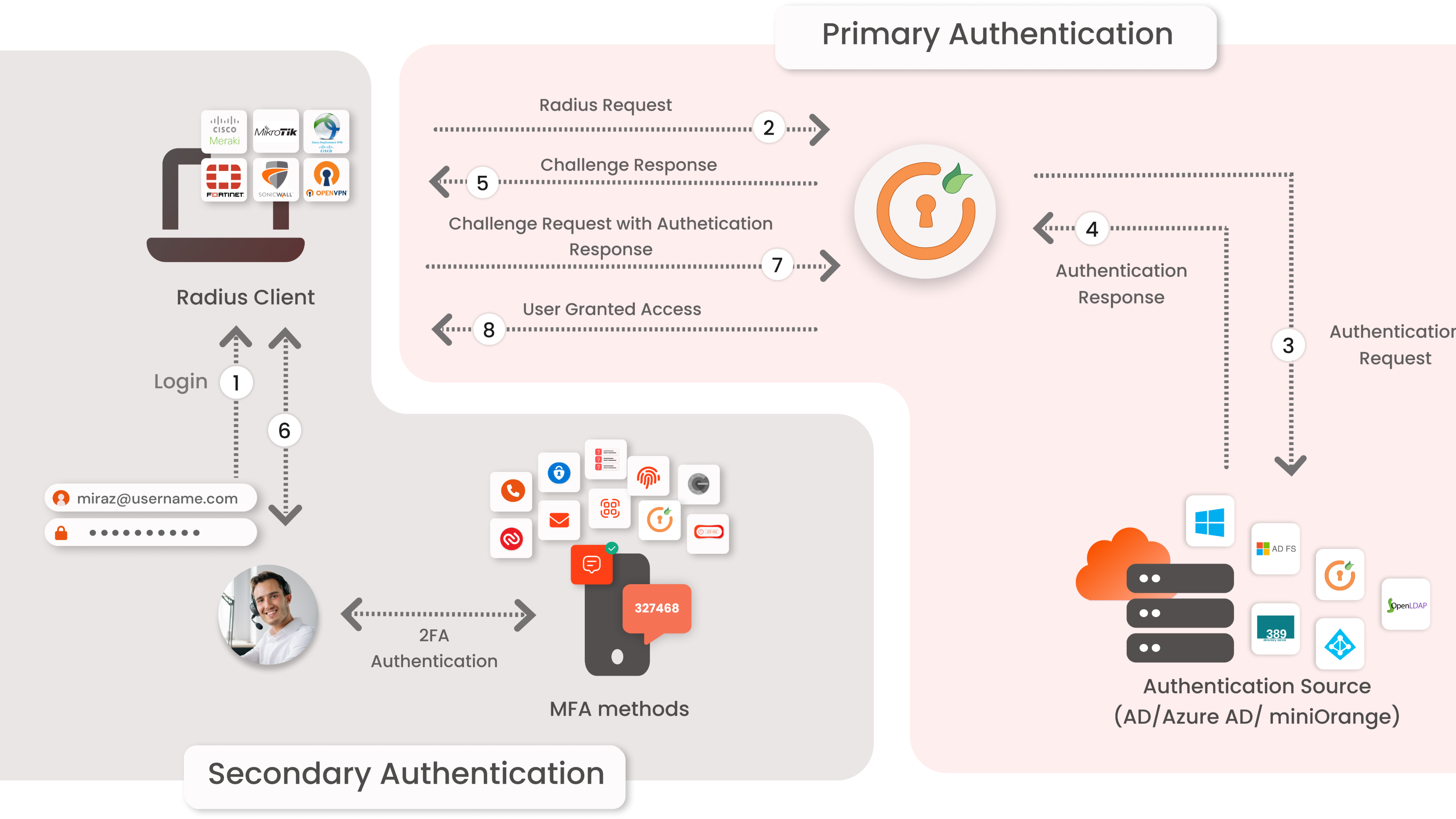
Here the RADIUS client is nothing but the VPN. If you take a look at the steps then you can get an idea of how Two-Factor authentication is used with a VPN.
- The user enters the login credentials to the VPN.
- RADIUS Clients send the login details to the miniOrange RADIUS server.
- User details are checked with Active Directory.
- When the AD finds the user it sends the response to the miniOrange RADIUS server. First-factor authentication is completed here.
- A challenge response is sent to RADIUS clients for second Factor Authentication.
- RADIUS client prompts the user with a 2FA challenge. (e.g.OTP over SMS/Email).
- When the user validates himself with 2FA. The authentication response is sent to the miniOrange RADIUS server.
- After checking the response, the RADIUS server grants access to the user.
This way miniOrange ensures that no unauthorized person gets access to the VPN. miniOrange acts as a RADIUS server that takes the username/password from the user and validates it with Active Directory (AD). After checking with the AD it prompts the user for Two-Factor authentication. If the user successfully completes the 2FA then the server grants the access.
Conclusion
These days organizations have become fully aware of the use of Multi-Factor Authentication for an extra layer of security along with VPN. Unauthorized access to your VPN is likely to cause more harm to the business. Multi-factor authentication plays a key role in securing your network, data & resources.
miniOrange has succeeded in dealing with Identity and access management problems and we ensure you have safe and secure access to your resources. Our 2-FA authentication adds a 2nd layer of security when you are gaining access to protected resources through a Virtual Private Network.
Further Reading
Author
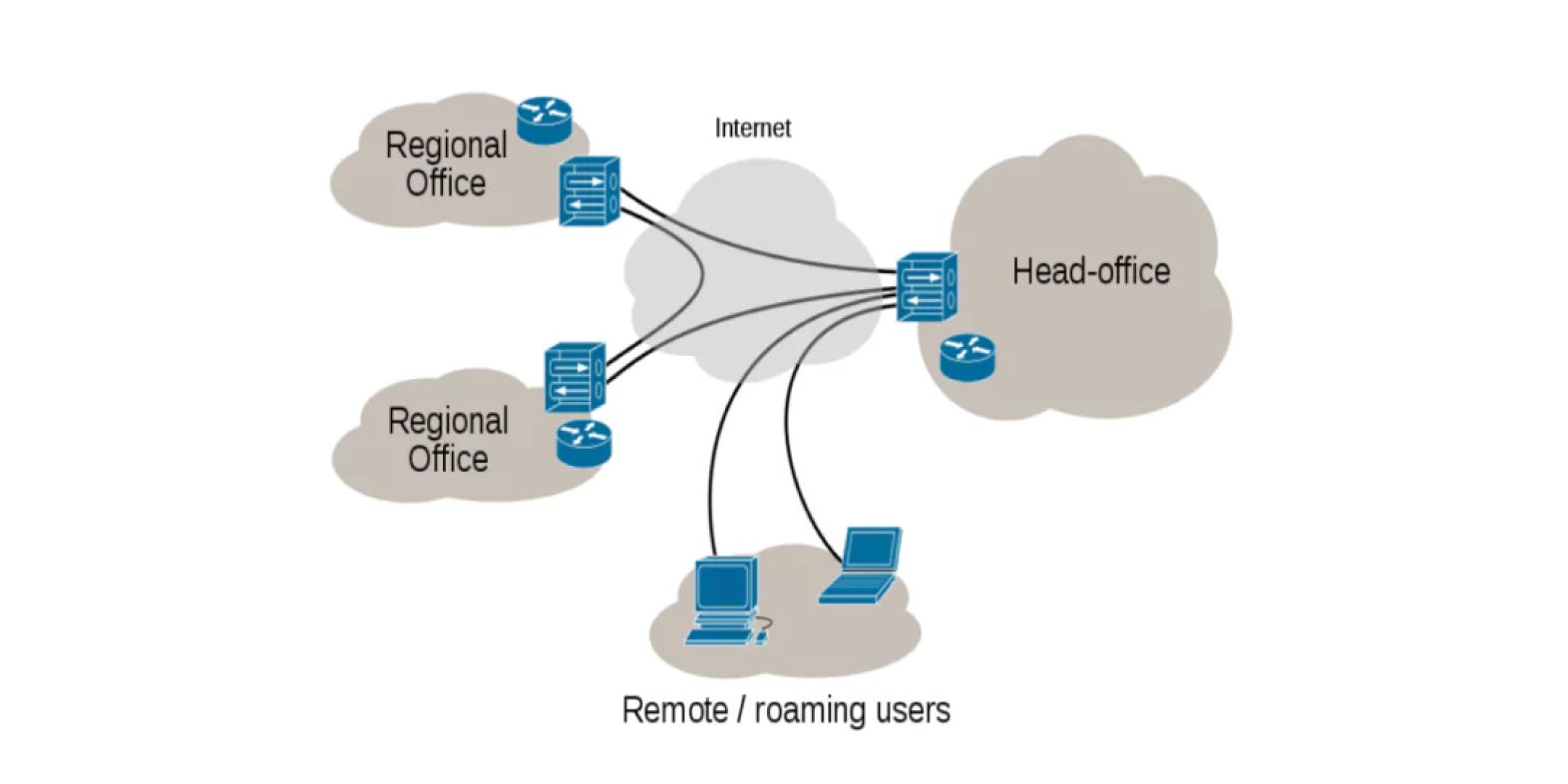
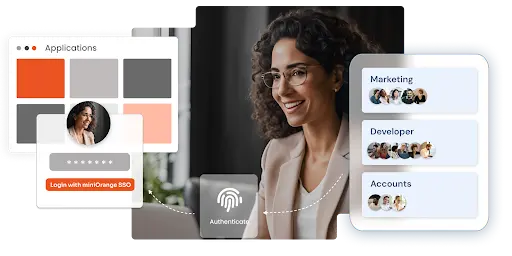
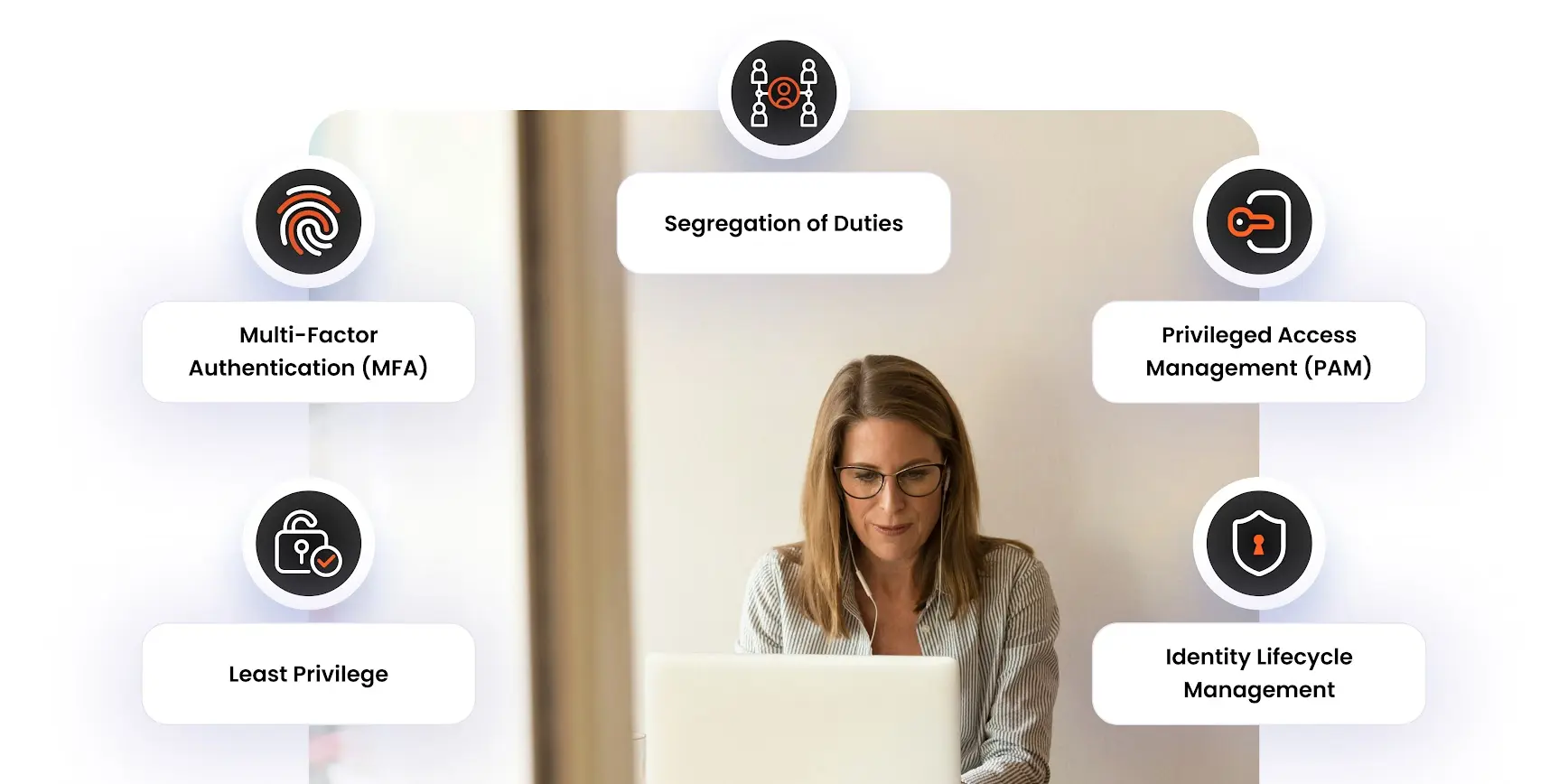
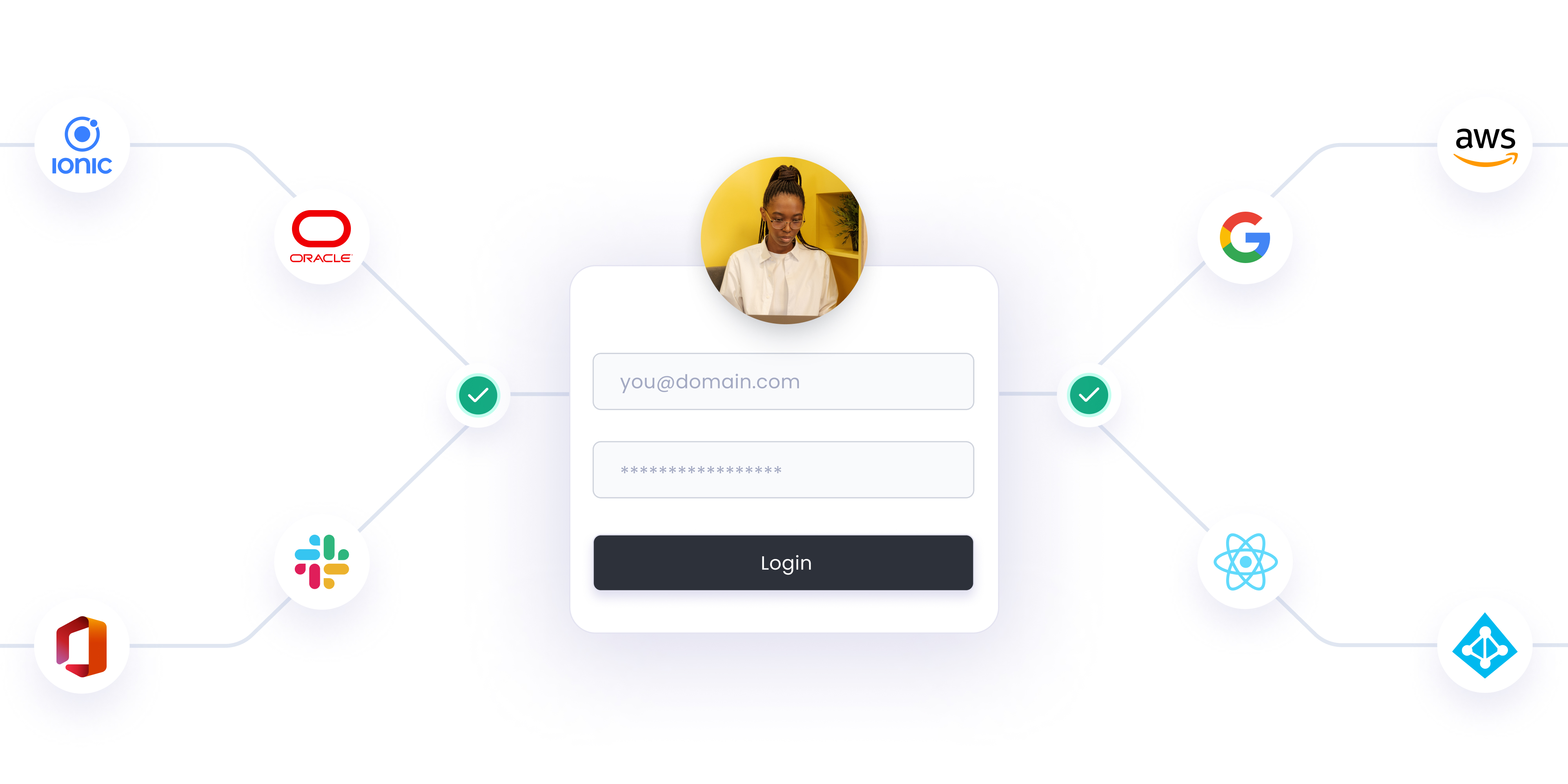

Leave a Comment